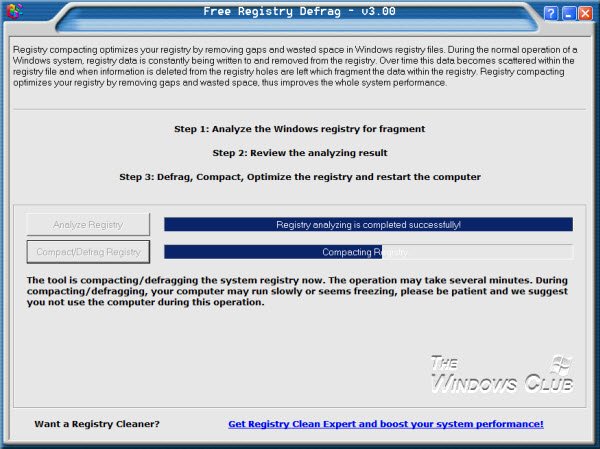

Storage Optimizer will defrag an SSD once a month if volume snapshots are enabled. The short answer is, yes, Windows does sometimes defragment SSDs, yes, it's important to intelligently and appropriately defrag SSDs, and yes, Windows is smart about how it treats your SSD.Īctually Scott and Vadim are both wrong. It turns out that the answer is more nuanced than just yes or no, as is common with technical questions. I dug deeper and talked to developers on the Windows storage team and this post is written in conjunction with them to answer the question, once and for all "What's the deal with SSDs, Windows and Defrag, and more importantly, is Windows doing the RIGHT THING?" If it reports as an SSD it doesn’t get defraged, no matter what. However, my comment, while declarative, was wrong. I made some inquiries internally, got what I thought was a definitive answer and waded in with a comment. What's the real story? Something is clearly running, but what is it doing and why?

He can see that defrag is doing something, but it's not clear why, how, or for how long. One of the most popular blog posts on the topic of defrag and SSDs under Windows is by Vadim Sterkin. I was thinking it could be TRIM working, but I thought that was internal to the SSD and so the OS wouldn’t even see the IO. To my understanding defrag provides no value add on an SSD and so is disabled by default when the installer determines the disk is SSD. I just noticed that the defragsvc is hammering the internal disk on my machine. I've seen statements around the web like this:

This is of course true of regular spinning rust hard drives, but the conventional wisdom around SSDs is to avoid writes that are perceived as unnecessary. SSDs can only handle a finite number of writes before things start going bad. We've all been told that SSDs don't last forever and when they die, they just poof and die. There's a general rule of thumb or statement that "defragging an SSD is always a bad idea." I think we can agree we've all heard this before. There has been a LOT of confusion around Windows, SSDs (hard drives), and whether or not they are getting automatically defragmented by automatic maintenance tasks in Windows.


 0 kommentar(er)
0 kommentar(er)
